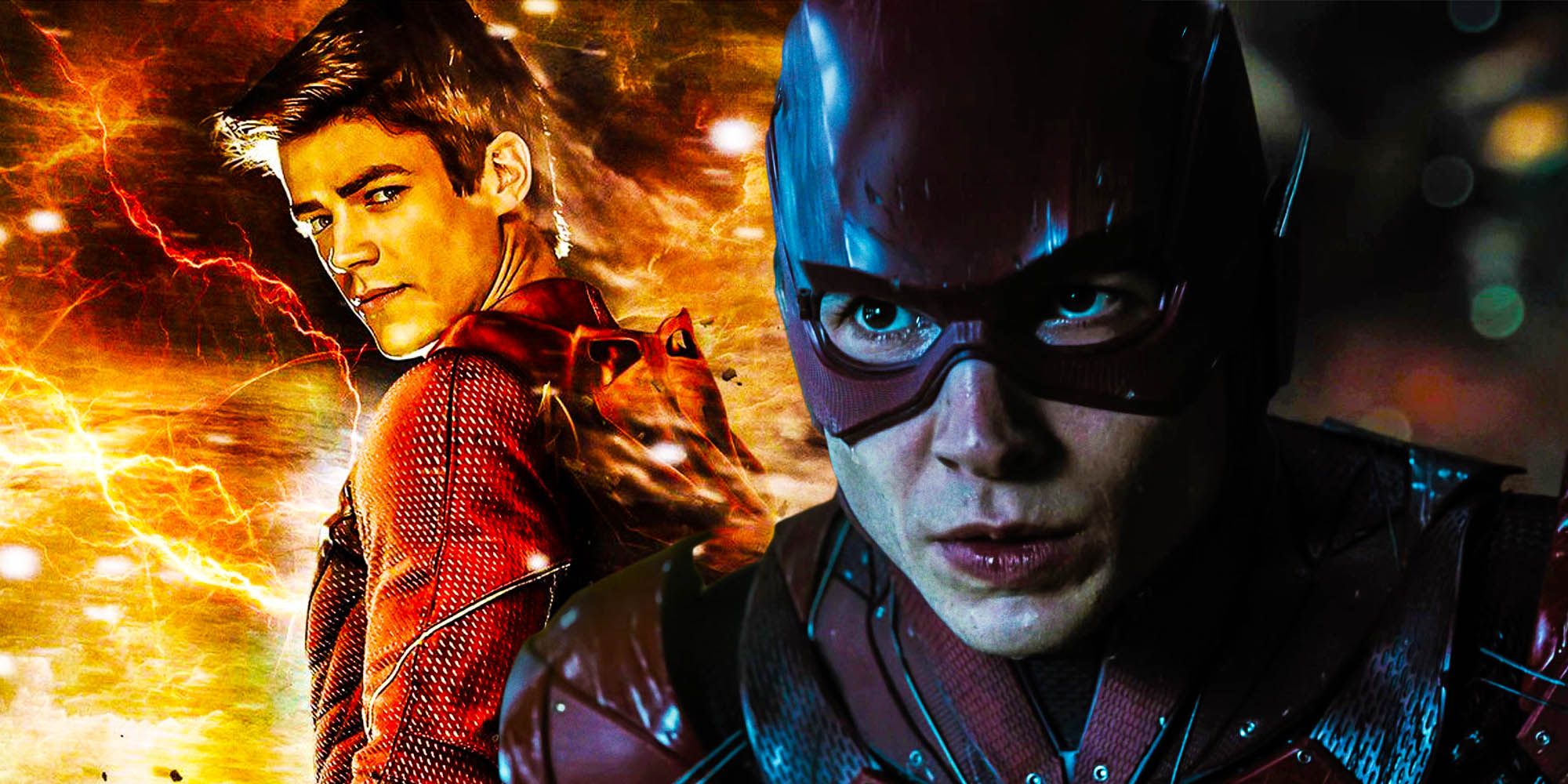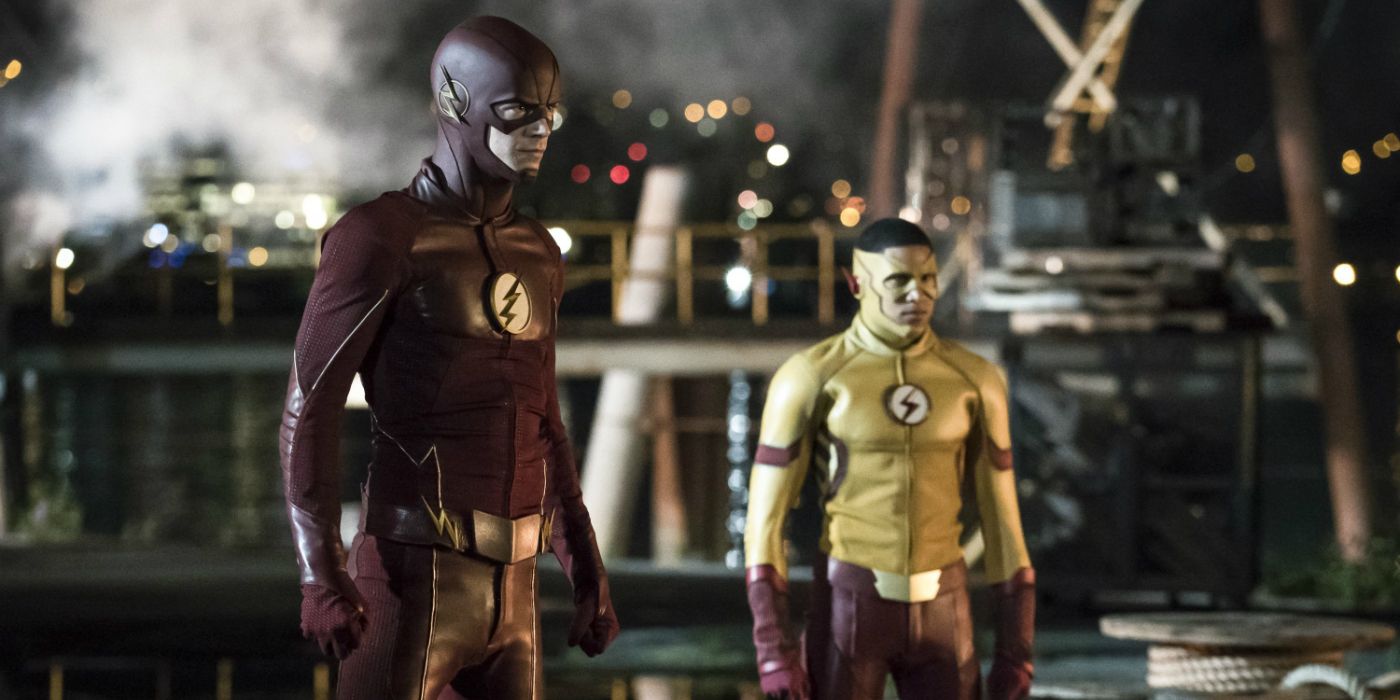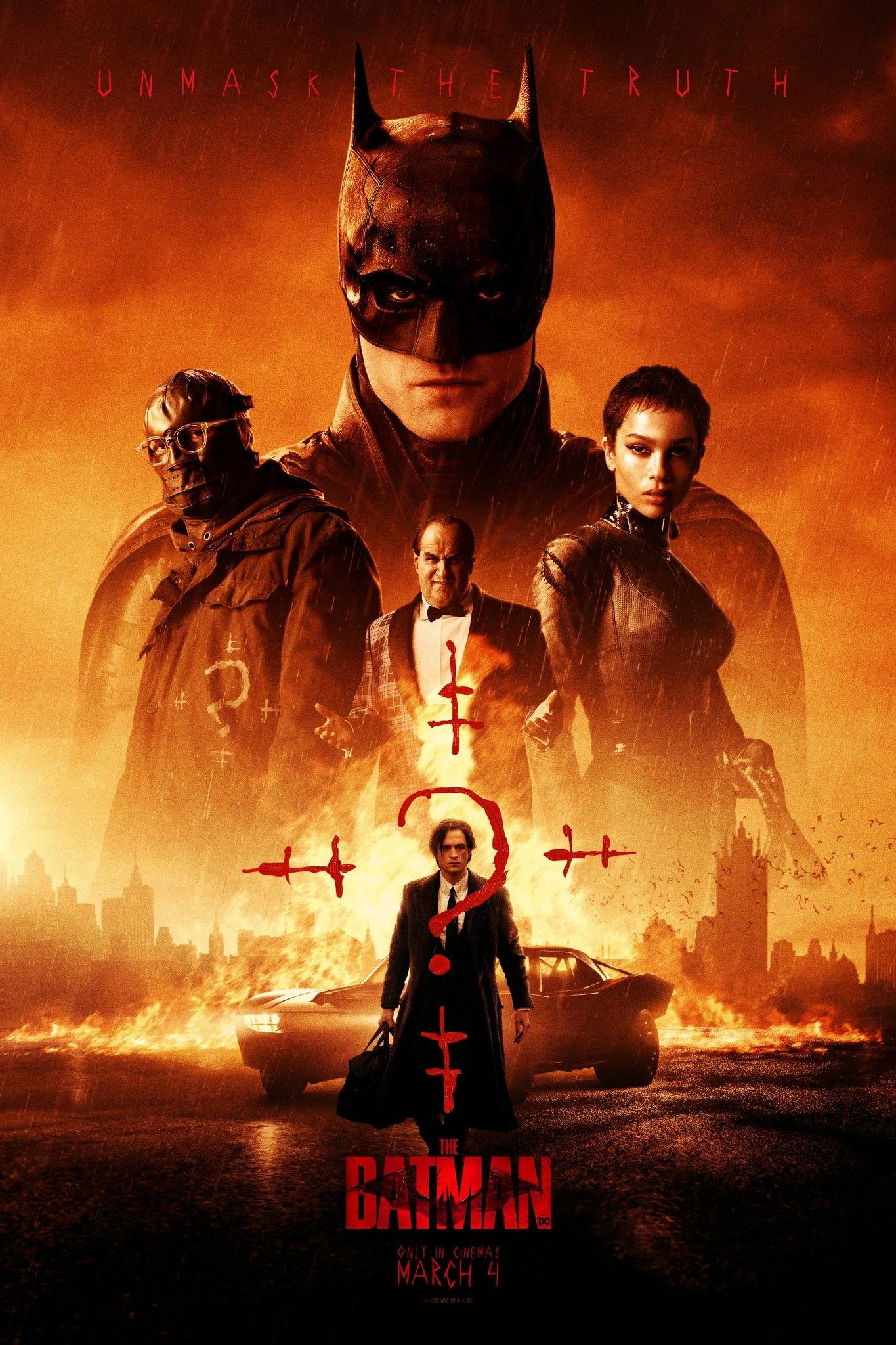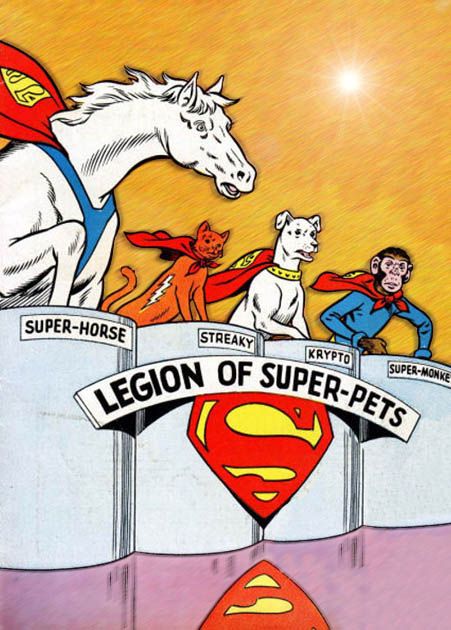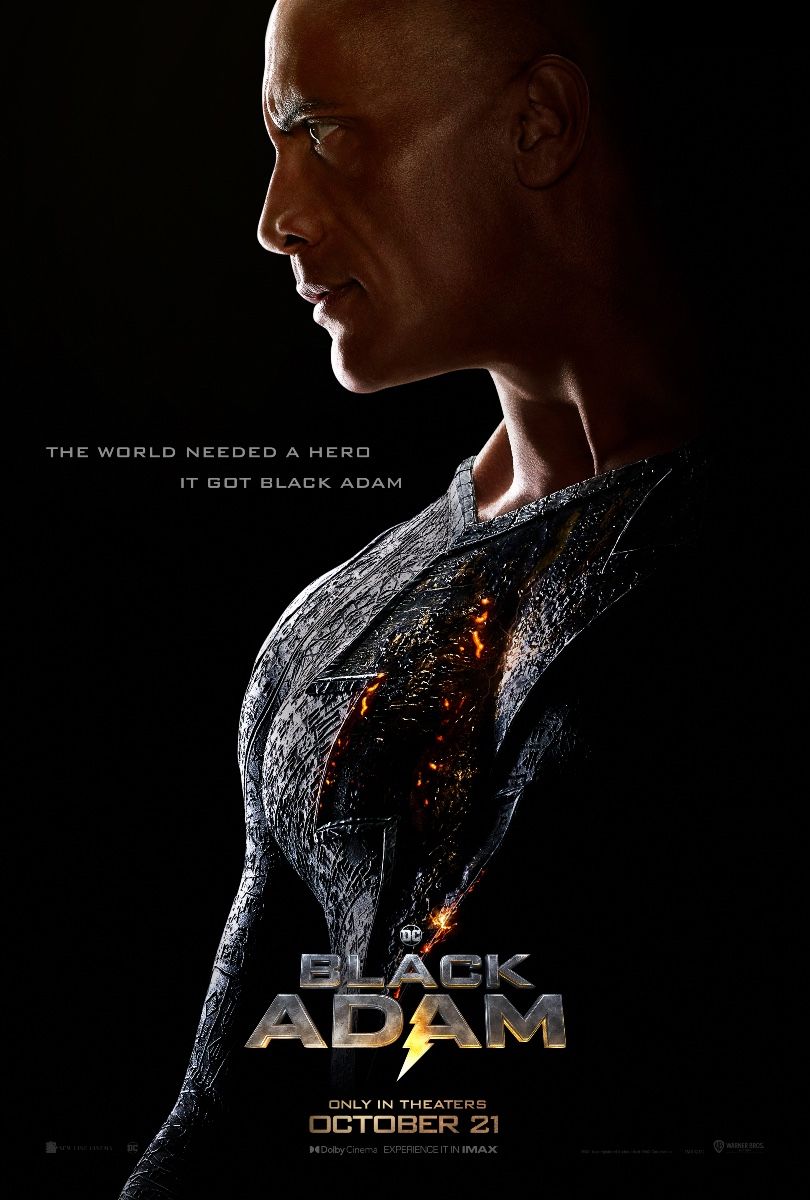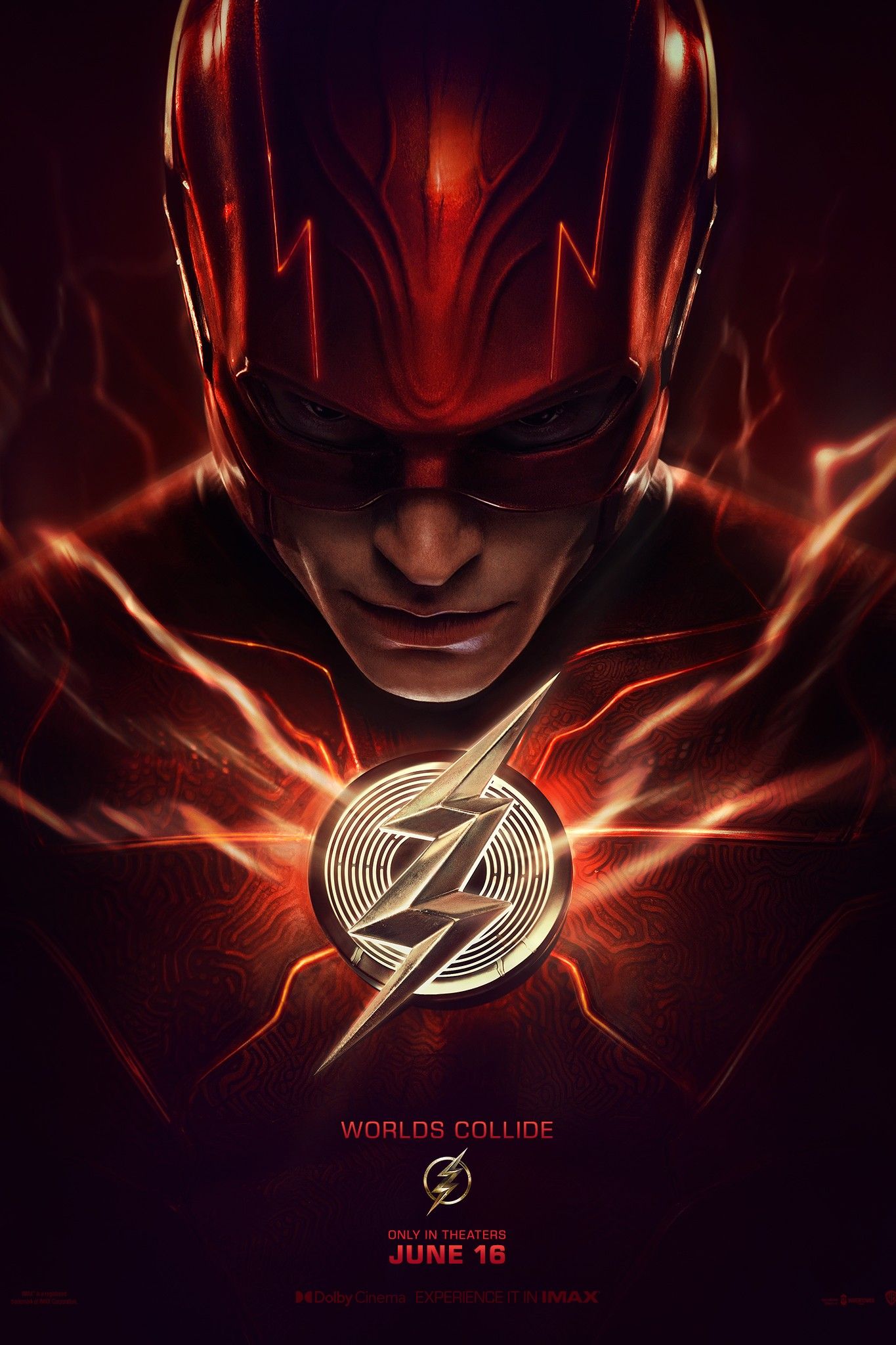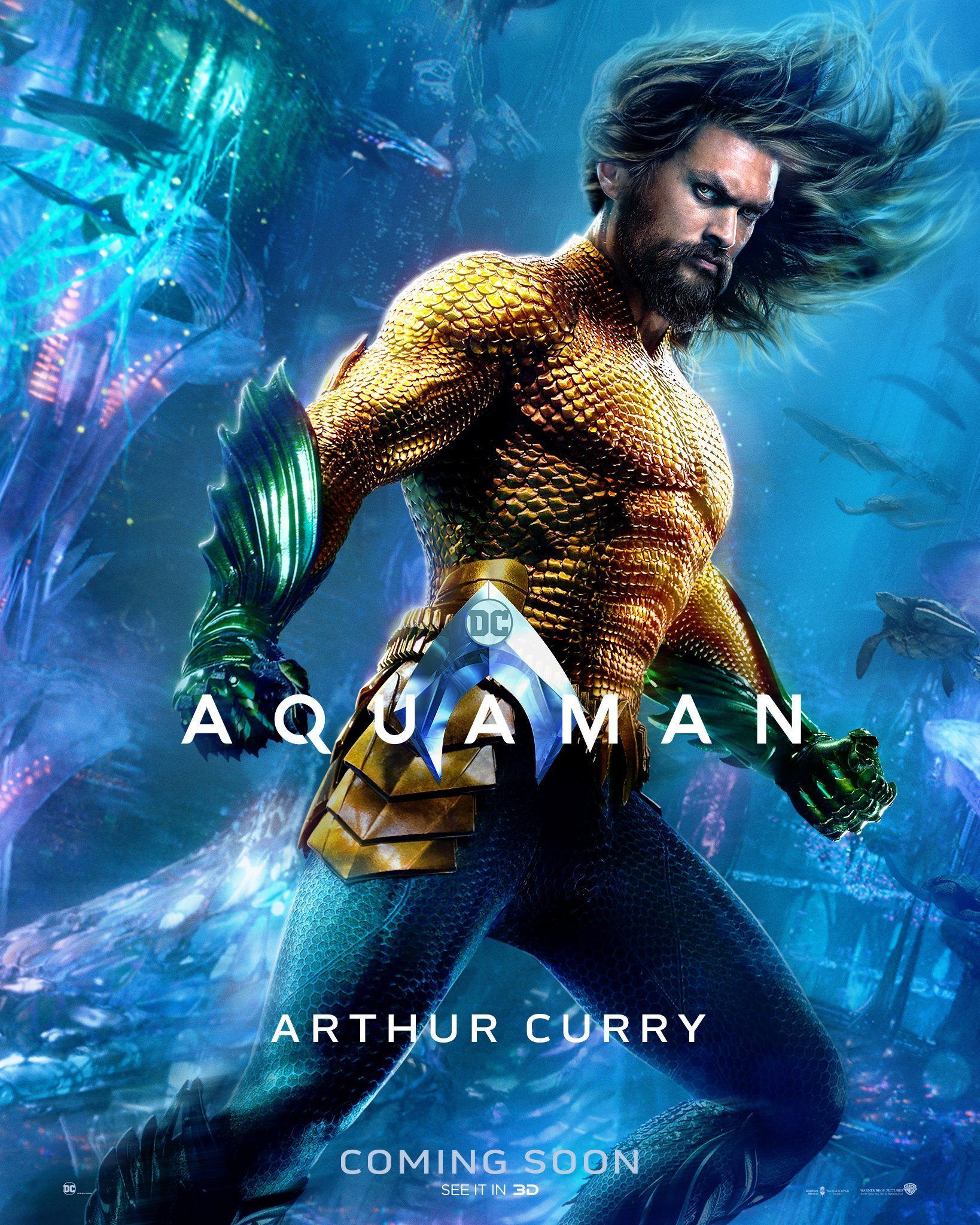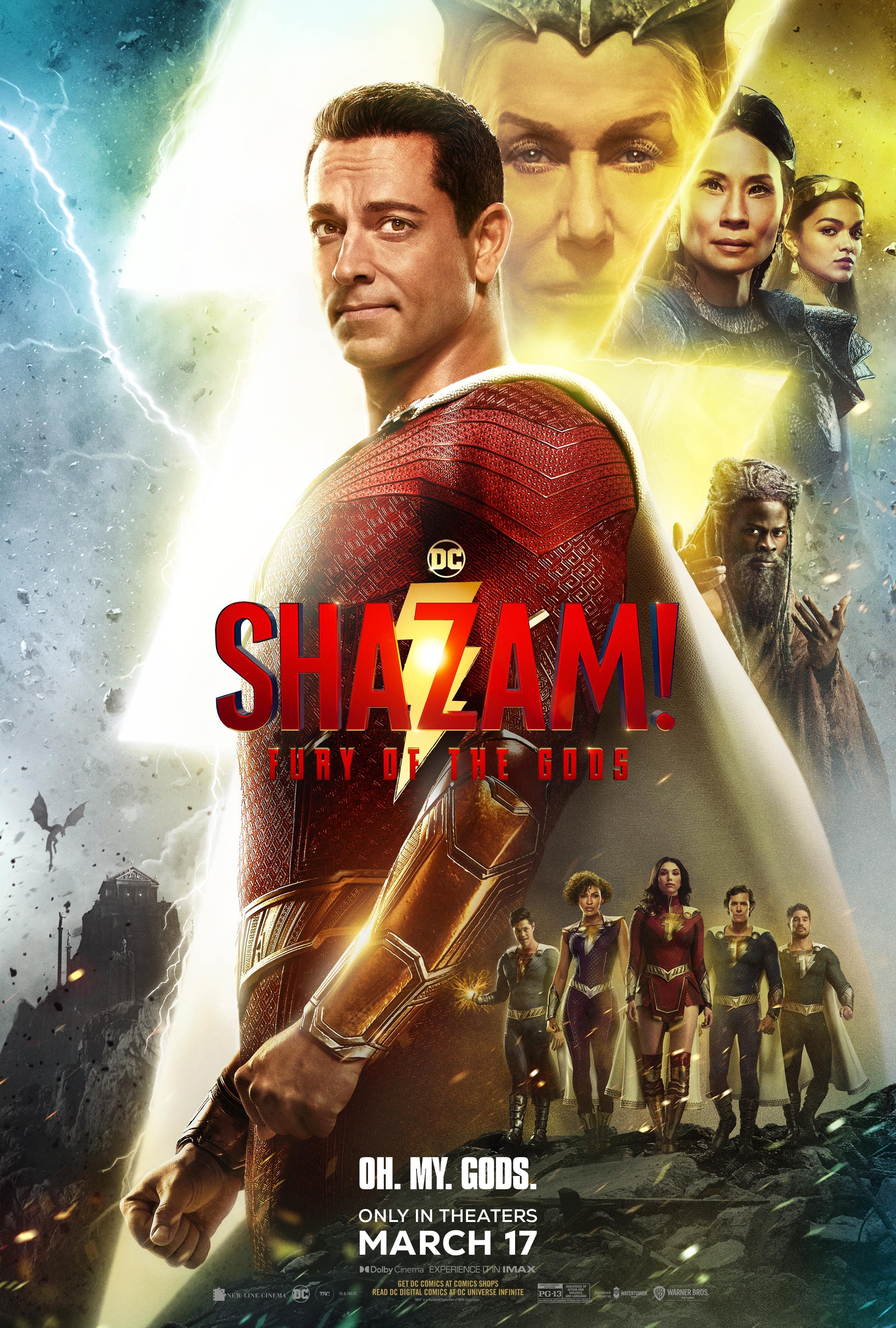With The Flash, the DCEU is poised to do an even better version of Flashpoint than the Arrowverse could have — here's why. Flashpoint is a story about Barry Allen (aka The Flash) going back in time to save his mother's life and thereby inadvertently changing the timeline. Flashpoint is a complicated time-travel story, but the DCEU has the opportunity to do it justice the way no other version has.
The Flashpoint story has been used in various DC media properties since its debut in 2011. Geoff Johns, who wrote the Flashpoint storyline in the comics, was heavily involved in CW's Arrowverse and was head honcho of the DCEU long enough that even the Snyder Cut of Justice League helped set up the Flashpoint story for The Flash. Flashpoint is Johns' story: It was a seminal comics event that continues to be felt across DC's storylines in various media forms. With Johns so involved in DC's media properties, the DCEU was probably always going to lead to Flashpoint. Even without Johns, Flashpoint is a great excuse for a soft reboot and/or revision, offering an opportunity to revisit alternate versions of characters and establish a new status quo.
The problem with adapting Flashpoint for live-action is scale. The CW's The Flash season 3 featured Flashpoint as its central storyline, and even though Johns was deeply involved, the scope was reduced because of the budget (and the characters they could use in it). Flashpoint is a terrifying storyline in The Flash, dealing with the ramifications of power on a reality-bending level. While exciting, the Arrowverse Flashpoint was limited compared to the comics version since it only showed the events through the lens of The Flash and Central City. The version of Flashpoint for the DCEU can feature a bigger budget and bigger heroes than the CW ever could, making it feel much more like a major event with global consequences.
By virtue of Flashpoint's plot — the timeline is changed and everything can be different until it gets fixed — the DCEU has a much larger pool of resources it can excusably draw on; this includes characters from various DC film franchises, even if they're not directly related to the DCEU — like Michael Keaton's return as Batman in The Flash. Flashpoint allows the DCEU to pool its properties into a kind of ultimate version of the story, which is both exciting and satisfying for long-time fans. The stakes are high, but also original compared to the other recent DC movie adaptations. In the Arrowverse, the ramifications of Flashpoint were limited to the characters and situations within the CW, and in that case, specifically within The Flash TV show. While the story was still interesting, it lacked the grandiose weight of the comics' version since viewers only saw the effect of Flashpoint on a small segment of DC characters.
There may well be more surprises in store in The Flash; Flashpoint makes that an option. Between time travel and parallel-dimension-juggling, there is an opportunity in that Flashpoint can revive other DC characters in a way that feels believable (and earned). In fact, the DCEU may never have a better opportunity to course-correct its franchise direction than the justified revisionism of Flashpoint. If there were any concerns about the DCEU's future, Flashpoint could be the right formula to re-configure the universe into a new status quo. After The Flash, the effects of Flashpoint could be felt for years of DCEU films to come.

